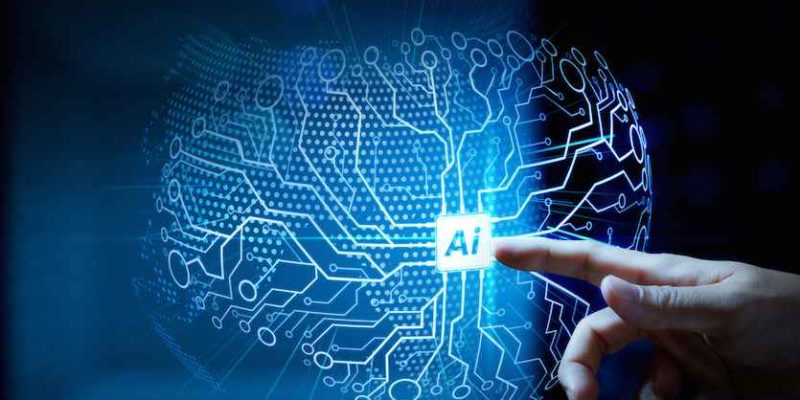Telecom & Technology Consulting

Humans and machines have co-existed in offices for decades. Typewriters, computers, refrigerators, fax machines, clocks, printers, heaters, the list goes on and on. Artificial Intelligence (AI) is taking our workplace relationship with machines to a new level. In fact, we’re already interacting with machines each day, and due to the proliferation of AI and their associated chatbots, technology has become inherently part of almost everything we do in the office.
Just look at how technology has made strides in understanding, and reacting to, human interaction. AI can recognize speech and detect emotions. It can cause machines to act based on visual cues and the intonation of the speaker’s voice. And because of those capabilities, work will be much different for those who spend their days in offices.
There are a number of examples of how this human-machine work dynamic will play out. Let’s start with the actual human-to-machine interaction. First, although many people have concerns about this, machines are becoming more and more like living, breathing people. Specifically, they are beginning to be able to sense emotion in the human voice and writing. Due to machine learning, machines will only get better over time at detecting, and adapting their performance to, human emotions and actions.
While this all sounds interesting, it’s also an abstract overview of how machines will affect us at work. In practice, these new machines will free people up in many ways. We will no longer need to be experts at using specific machines or computer programs. By just talking or uttering a phrase, the machine will be able to give us instructions on how to complete a task, or even do the entire job itself.
In addition, AI (via bots) is increasingly replacing some workers by eliminating the need for their labor. This trend will only grow as machines become more intelligent, and are able to handle more complex and nuanced tasks. But don’t fear – machines will not take over all of our work, at least not for the foreseeable future. Machines have a long road ahead of them toward reaching the human brain’s level of spontaneous creativity and adjustments to situations. Of course, machines will increasingly become more intelligent, and develop human-like thinking traits. They will continue to replace human employees. But rest assured, there are actual human aspects that can never be fully replaced.
All of this leads to the most significant affect that AI has on the workplace: Advanced Analytics. In its simplest form, Advanced Analytics allows companies to discover patterns and generate insights using the data collected from machines. Advanced Analytics, along with its machine learning cousin, provides immense value by helping organizations improve how they sell their products, respond to customers, and handle operations and inventory. These insights are critical, as companies in the 21st century must respond immediately to adapt to new market conditions. Indeed, Advanced Analytics are mandatory for companies that want to compete and grow market share.
Advanced Analytics have actually changed how companies do business. In the past, companies rolled out new products and services based on their internal beliefs and ideas. Today, because of Advanced Analytics, successful companies develop their offerings based on customer behavior. These data sets include customer preferences (what they like or do not like) and demographics. As a result, companies can personalize offerings, eliminate unpopular features, and develop new products based on what people actually want.
Although AI has already entered the mainstream of business, we are still a long way from realizing how this new intelligence will affect how we work in the long-term. But based on how AI has already affected office life, this is no time to sit and wonder. The successful companies of the future will take action with AI starting today.